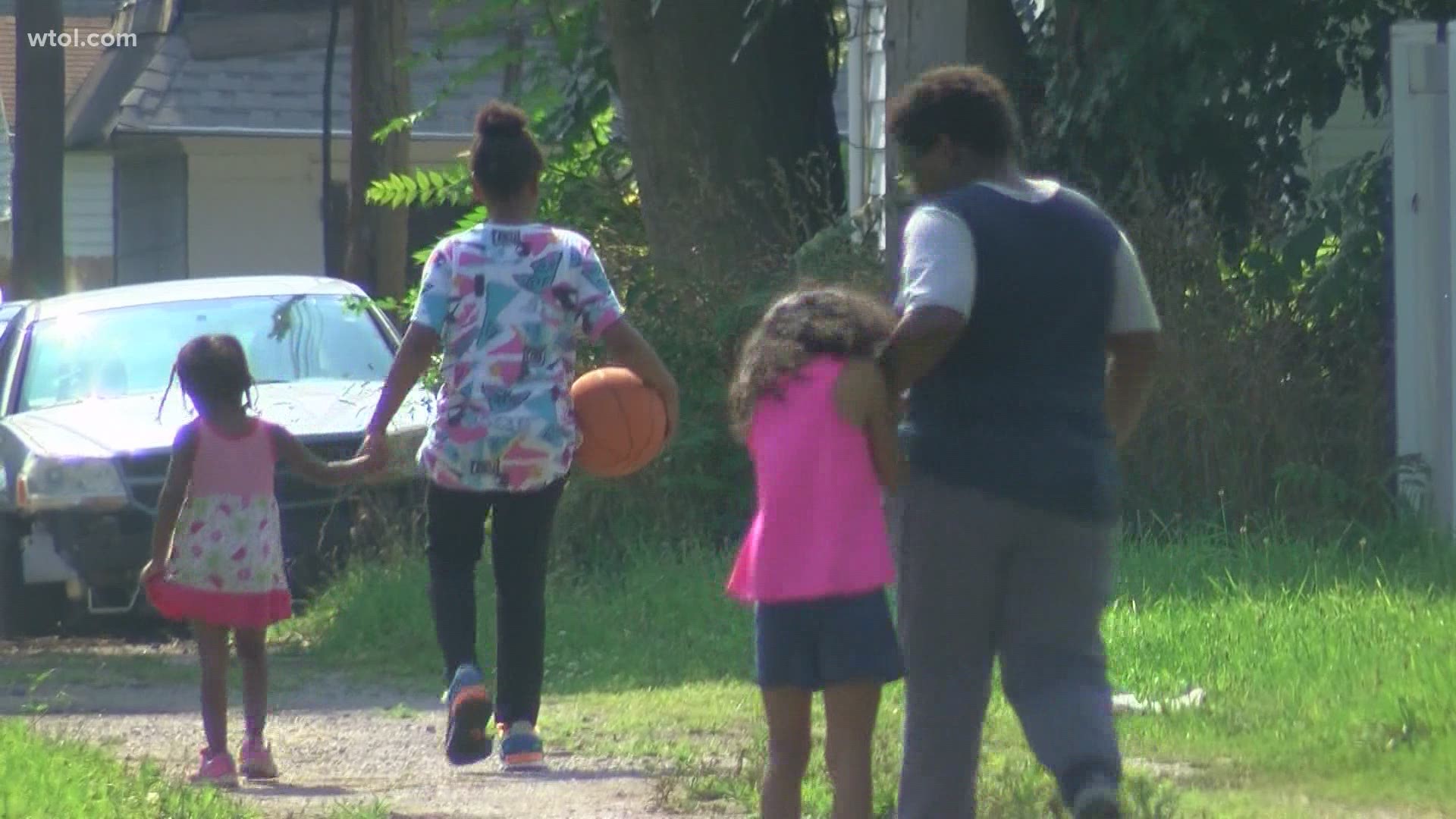TOLEDO, Ohio — Gun violence in Toledo is affecting families, kids and adults alike.
Shay Bankston is a licensed independent social worker. She's taught at Bowling Green State University, the University of Toledo and most recently, Lourdes University. But she said she got tired of teaching theories on current social issues while seeing the same problems and issues in the community.
So she left teaching to take a more hands-on role in her community. She founded Premier Consulting, a mental health treatment organization, aimed at improving the lives of families and kids by addressing trauma.
She's working with teens to help prevent the recent rise in gun violence, especially among youth.
"They been killing people all my life, been losing people, losing friends all my life, at this point I'm just used to it," said Zyasia Craig, who has Bankston as a mentor.
At just 18-years-old, death is all too familiar for Craig. She just graduated from Bowsher High School and will be attending Eastern Michigan University. But she's not blind to the violence happening with those her own age.
"I think that's what a lot of it is, like envy," said Craig. "Like I can't be you, I can't have it like you. Oh I don't know how to fight anymore but I know how to work this gun, I know how to pull this trigger."
Craig met Bankston a few years ago while working for the summer at the Frederick Douglas Community Center as part of the city's Youth Opportunities Program (YOP). And while there were other adults helping her, she could tell Bankston cared more.
"She's like consistent," said Craig. "She wants to help you and she shows it more than other people would."
Bankston runs her mental health clinic at Grace Community Center, working with young people and families. She says environmental trauma like poverty, growing up around violence and instability in the family can be just as hurtful as solitary traumatic events.
"It's not surprising. You see the young people involved in criminal activity or gun violence when they come up from birth experiencing trauma," said Bankston.
Many kids, she says, are growing up with parents who experienced similar or the same environmental trauma and it can filter down to them.
"it's very easy for that environment to kind of suck that kid in," said Bankston. "You almost have to be like superman to reject it."
Craig believes parents and adults need to pay better attention to their kids and look for signs of depression or if something is bothering them. Even if they don't have the answers, Craig said kids want to know their parents care.
"This is an issue you can't see so you're not taking it serious, but it's there for sure," said Craig, "and if you know your child, you can tell when they messed up. So ask them a question, give them a hug, they need it. They going to tell you, they want the help, they just sometimes don't know how to ask for it."
And Bankston stressed more long-term programs are needed to give kids opportunities that will last longer than what's on the streets.
RELATED:

